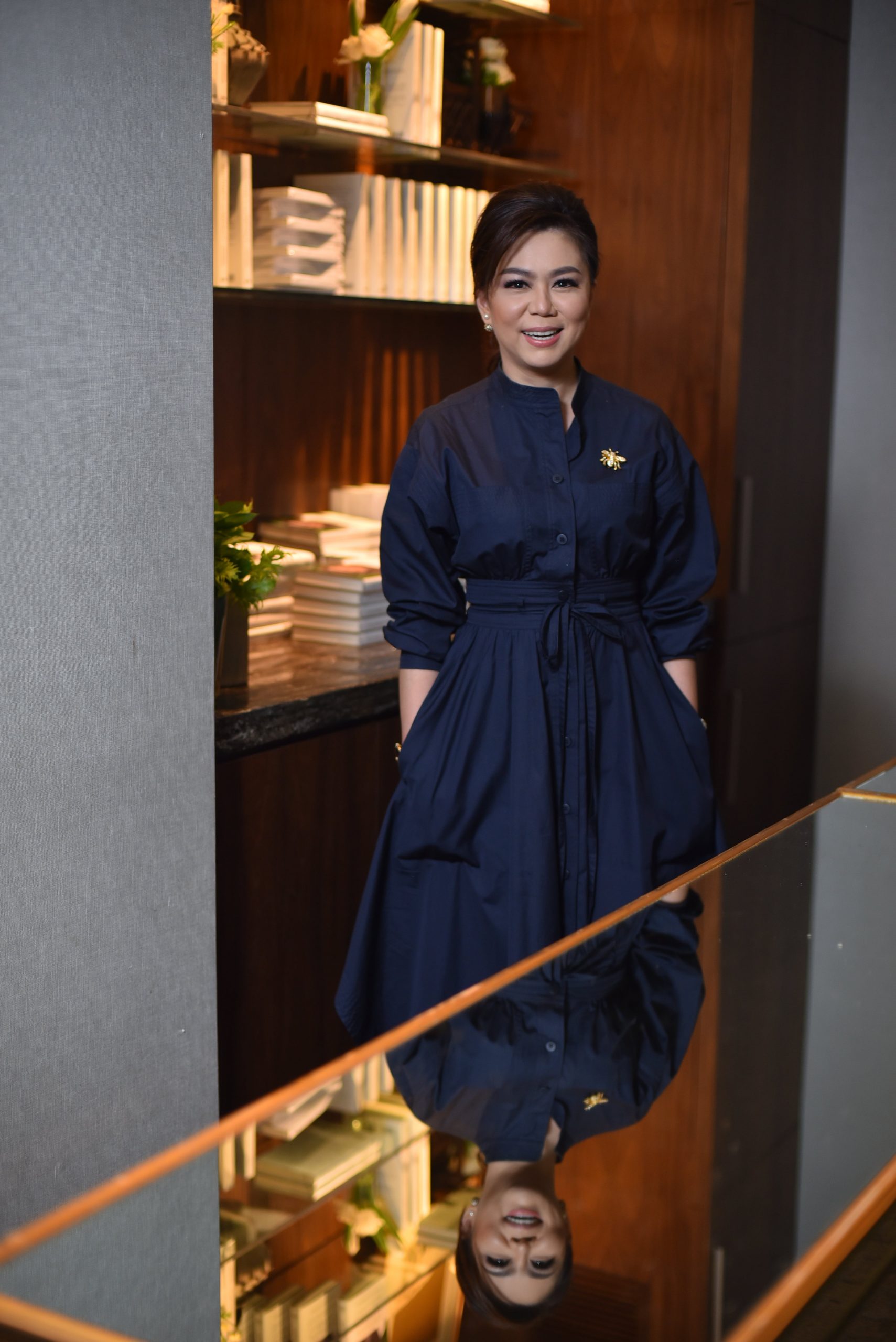Founder of Yayasan Cinta Anak Bangsa Foundation (YCAB)
For Veronica, gender and impact are not a lens, it is a second nature. As one of the most influential voices in the impact investing sector, her “journey to impact” led her to grow her foundation into an innovative structure that transcends the gaps between the financial and the social worlds, nonprofits and for-profit corporations. She is integrating women’s economic empowerment into a holistic approach to break the generational cycle of poverty.
Dropping out at 18 was a painful decision for top student Veronica. She did not know it yet, but just seven years later, this experience would prompt her to build Indonesia’s largest nonprofit turned social enterprise YCAB (Yayasan Cinta Anak Bangsa), which manages dozens of Learning Centers (Rumah Belajar) for school dropouts and marginalized kids.
When her father died, Veronica had to give up her studies to support her widowed mother, who suddenly faced the responsibility of managing her own finances. Veronica eventually graduated a few years later from Imperial College London – after giving birth to two children. Yet, this period of her life determined the two intertwined causes to which Veronica would eventually dedicate her entire life: improving access to education and women’s financial independence.
Veronica founded YCAB in 1999 with her mother, initially as a non-profit organisation to offer affordable (U$ 70 cents/month) education and vocational training to marginalized kids. As the foundation struggled to reduce a dropout rate that remained stubbornly high, it soon appeared that the kid’s education attainment could not be disconnected from the whole household’s economic empowerment, especially the mothers. “I am a strong believer that when you empower the mothers, the entire family will get better”, Veronica comments.
So in 2010, Veronica created a mission-driven microfinance program targeted to low-income housewife-entrepreneurs, through a unique conditional ultra-micro finance system that made the education of their child a prerequisite to loan. In just a few years, the program managed to significantly improve the children’s school attendance, but also helped women micro capital recipients (more than 184,000 so far) to triple their income after two years in the program and many managed to build savings too. Veronica developed this model into YCAB’s holistic mission to “break the generational cycle of poverty”, binding together education and financial inclusion.
This virtuous circle theory also shapes the self-sustaining structure into which YCAB has developed. YCAB Foundation is now backed by their own impact venture firm, YCAB Venture which own the 25% of YCAB Foundation, with the remaining majority by herself and some minority holding by the management. All the dividends of the portfolio enterprises invested by the firm will naturally be booked as income by the Foundation. At the same time, there are a few “affiliated enterprises” whose dividends also directly contribute to the Foundation through Veronica’s personal shareholding.
Although most of the invested enterprises are women-led and impact-driven, it has never been part of a conscious women empowerment strategy for Veronica. For her, prioritising women is mostly out of a personal natural instinct: “I am just a woman helping other women. I also have a lot of girls and women of all ages working with me. But this is not discriminatory [acts to men]”, Veronica states.
In the same vein, gender is not the first lens in YCAB Ventures’s investment decisions. “We consider first the business model with the obvious business potential to profit and then we consider the sector – primarily targeting viable and impact-driven enterprises. But if I am confronted with two business models with similar returns, I will probably naturally go for women-led or business that empowers women ”, Veronica says.
For the naturally gender-minded Veronica, expanding the GLI space requires refraining from a “girls only” approach. “We do not want boys to be left behind”, warns Veronica. To move the gender lens space beyond a mere “natural women inclination”, strong policy guidelines by the government are needed to support financial literacy and access to finance. But for Veronica, these policies have to be contextualized and formulated hand-in-hand with local “champions”, so that good practices can be effectively replicated and adapted in more underserved areas. Social organisations or enterprises, like YCAB, could play the role of “brokers” to translate government policies into well-targeted actions and also to explain what’s statistics cannot show.





